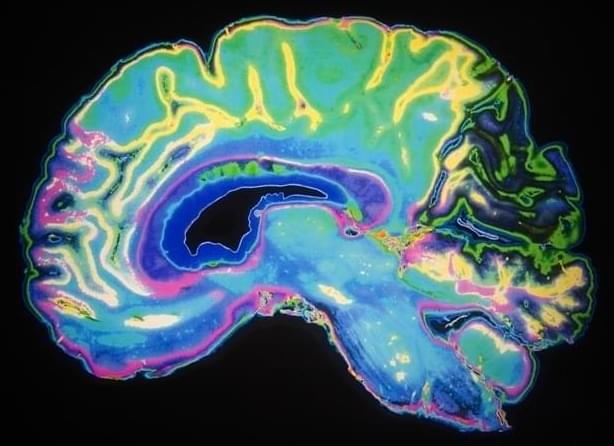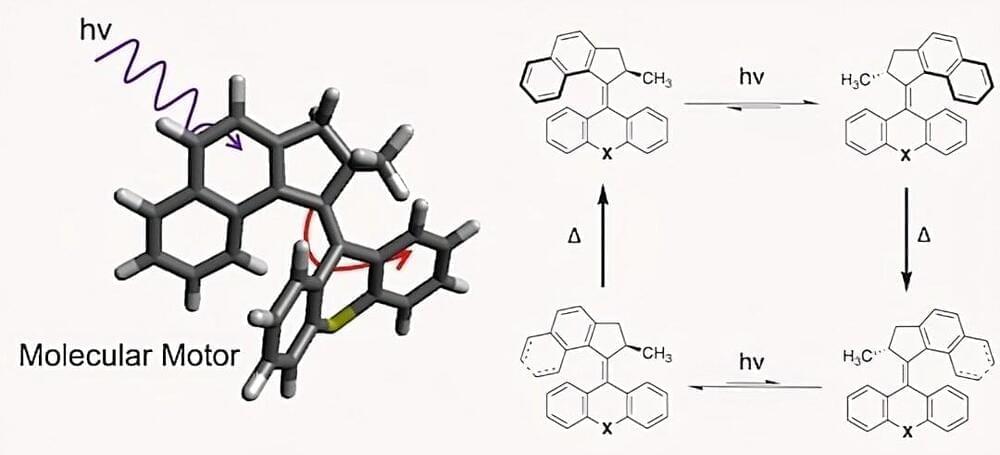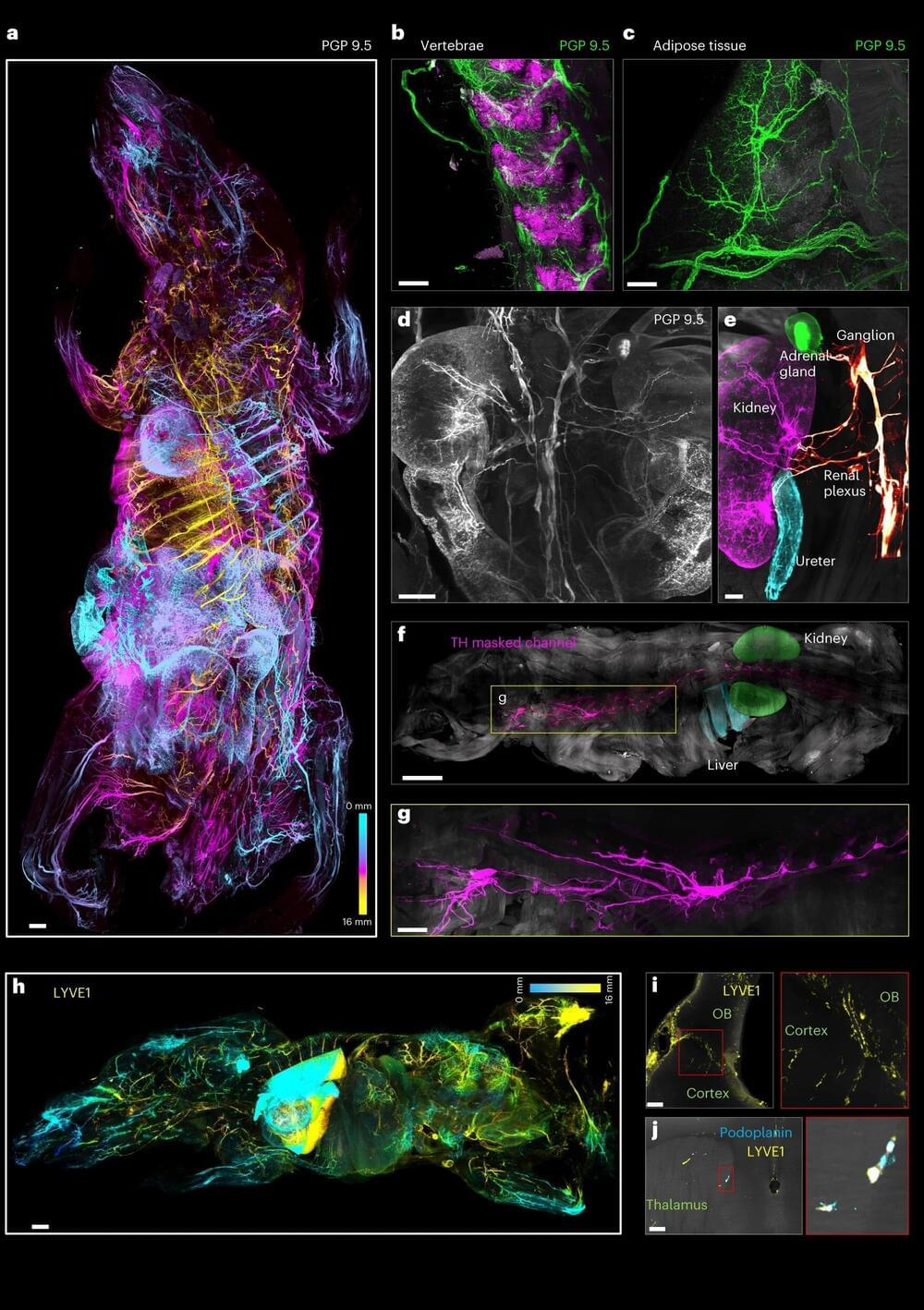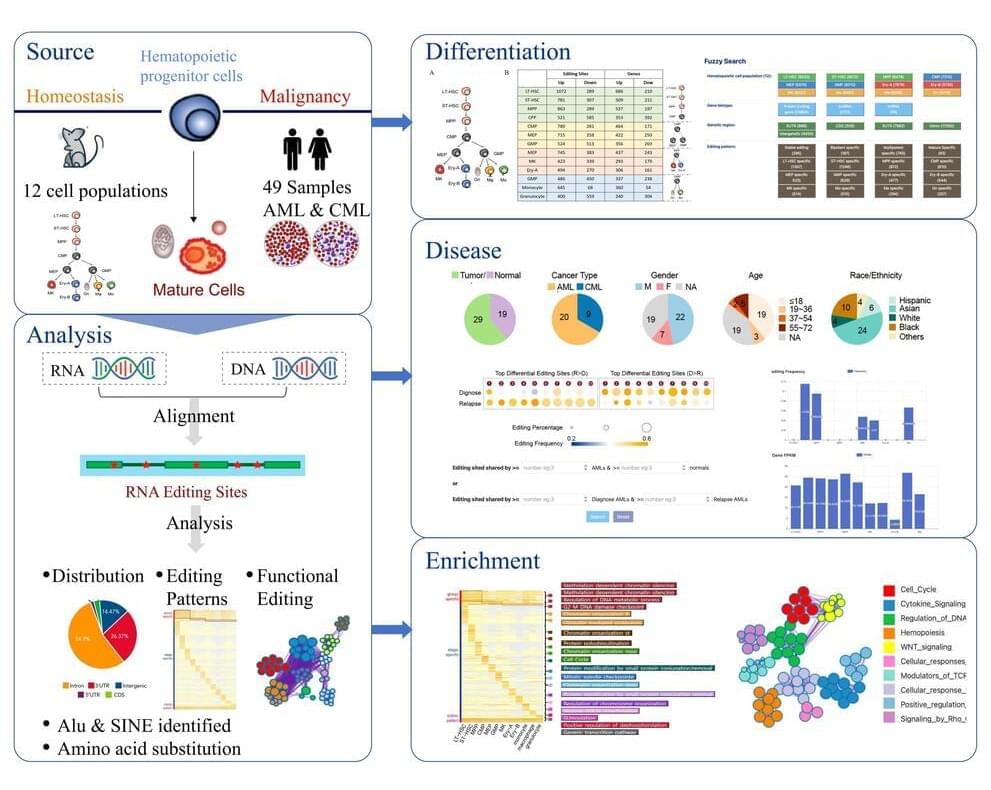
That experiences leave their trace in the connectivity of the brain has been known for a while, but a pioneering study by researchers at the German Center for Neurodegenerative Diseases (DZNE) and TUD Dresden University of Technology now shows how massive these effects really are. The findings in mice provide unprecedented insights into the complexity of large-scale neural networks and brain plasticity. Moreover, they could pave the way for new brain-inspired artificial intelligence methods. The results, based on an innovative “brain-on-chip” technology, are published in the scientific journal Biosensors and Bioelectronics.
The Dresden researchers explored the question of how an enriched experience affects the brain’s circuitry. For this, they deployed a so-called neurochip with more than 4,000 electrodes to detect the electrical activity of brain cells. This innovative platform enabled registering the “firing” of thousands of neurons simultaneously. The area examined – much smaller than the size of a human fingernail – covered an entire mouse hippocampus. This brain structure, shared by humans, plays a pivotal role in learning and memory, making it a prime target for the ravages of dementias like Alzheimer’s disease. For their study, the scientists compared brain tissue from mice, which were raised differently. While one group of rodents grew up in standard cages, which did not offer any special stimuli, the others were housed in an “enriched environment” that included rearrangeable toys and maze-like plastic tubes.
“The results by far exceeded our expectations,” said Dr. Hayder Amin, lead scientist of the study. Amin, a neuroelectronics and nomputational neuroscience expert, heads a research group at DZNE. With his team, he developed the technology and analysis tools used in this study. “Simplified, one can say that the neurons of mice from the enriched environment were much more interconnected than those raised in standard housing. No matter which parameter we looked at, a richer experience literally boosted connections in the neuronal networks. These findings suggest that leading an active and varied life shapes the brain on whole new grounds.”

















